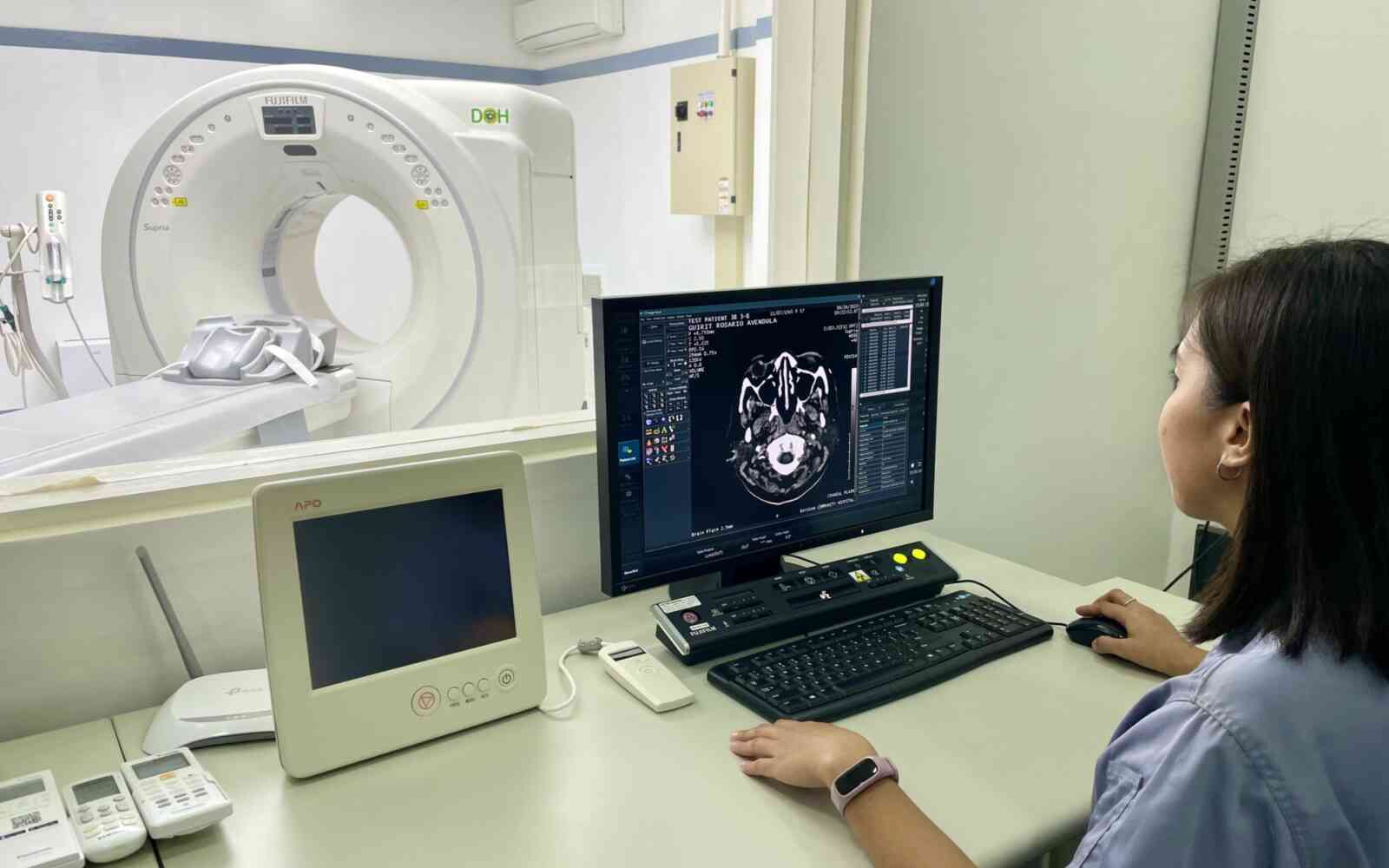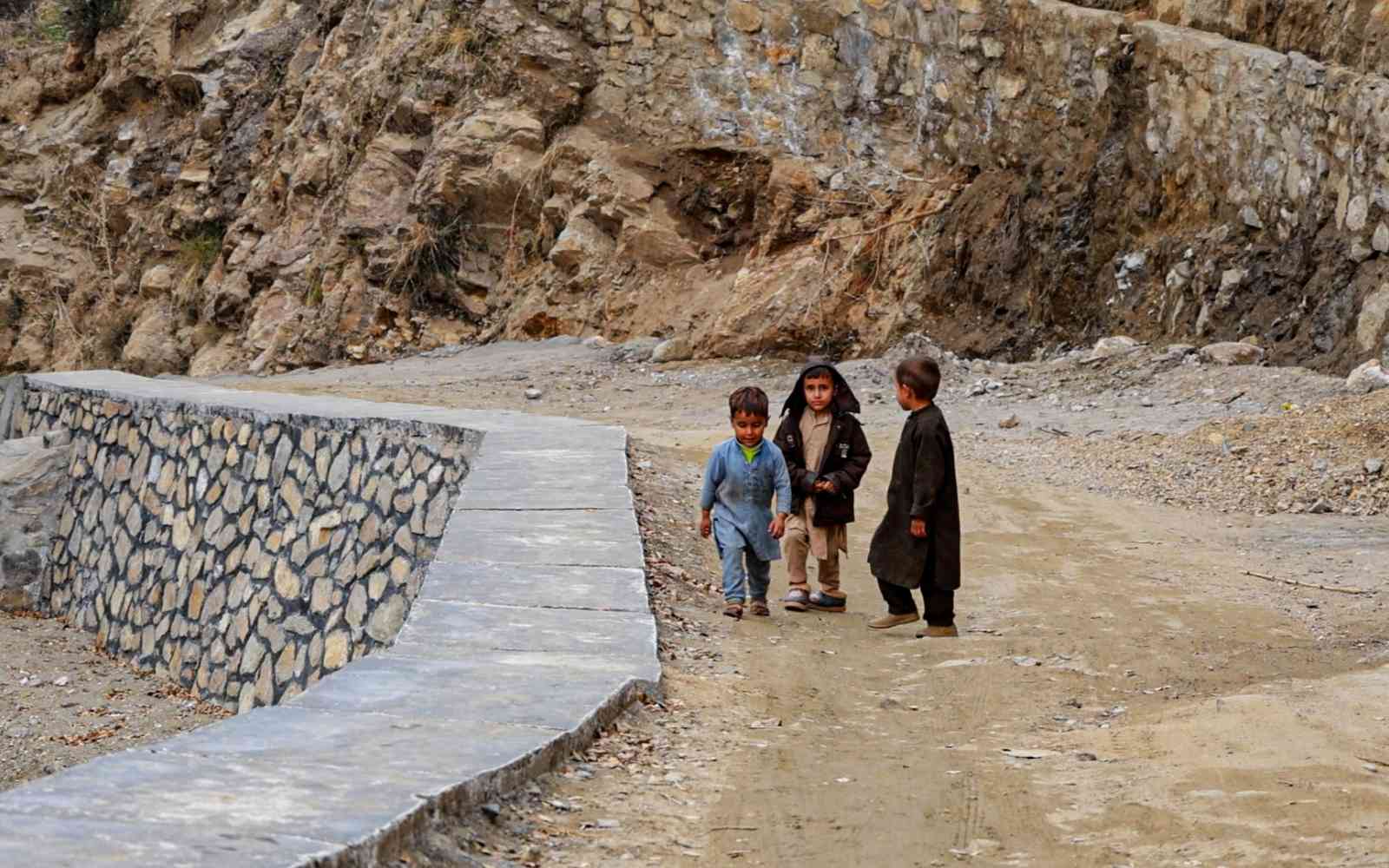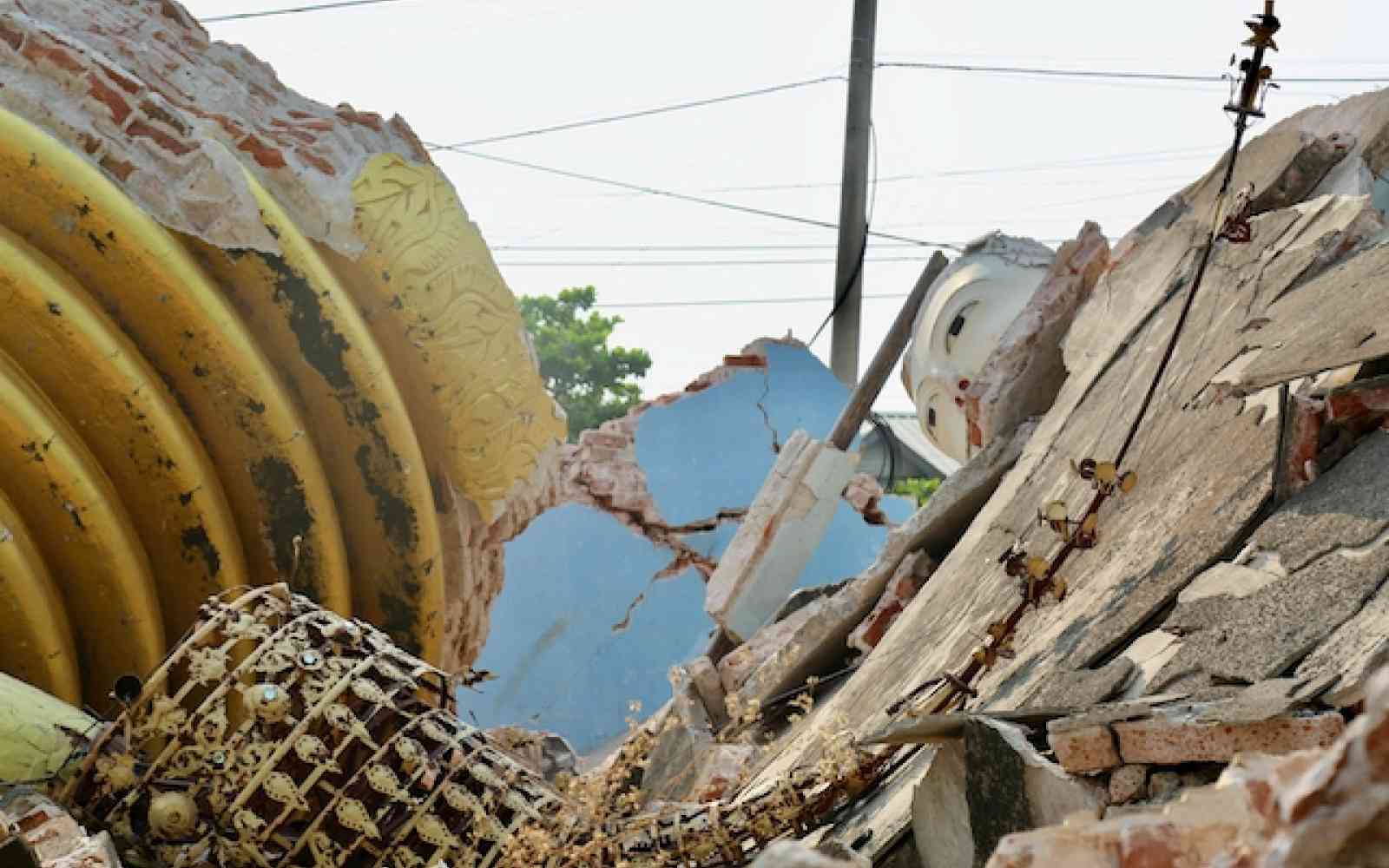The United Nations Office for Project Services (UNOPS)

Towards inclusion for indigenous peoples in the Philippines
The European Union-funded Governance in Justice Programme is reaching marginalized indigenous communities with knowledge and legal aid services.
PHOTOS
- © UNOPS/Jennilyn Santos
Barriers to a better future
The Philippines is home to over 17 million indigenous peoples, who make up 110 ethnolinguistic groups. Indigenous communities tend to live in geographically isolated areas, where they have retained much of their traditional culture and livelihood activities. But like other indigenous communities around the world, they are consistently ranked among the poorest and most disadvantaged people in the world.
Facing historical discrimination, indigenous groups lack access to social services and economic and political opportunities. Battling high levels of pervasive illiteracy and unemployment, even accessing a birth certificate can be a challenge.

Our mothers and their mothers gave birth to us here in the mountains. Far away from the cities. After giving birth, they had to take care of their children. They were not able to journey to the cities to get birth certificates. This is why many of us today do not have one.
- Bae Dalayagan Gloria Penaso, leader from the Manobo tribe
Bae Dalayagan Gloria Penaso lives in the mountainous village of Pianing. In order to access even basic services, the people of her community would need to travel nearly 20 kilometres to the nearest city, Butuan. In the past, many would make an arduous four-hour trek to the city centre. Today, even with more roads built into the mountains and the availability of motorcycles for transportation, the cost of travel remains unaffordable for many indigenous peoples.
Without a birth certificate, children are more vulnerable to poverty and exclusion. They are unable to access public education. Nor are they able to access government social welfare programmes, intended to break the cycle of intergenerational poverty in the Philippines.
Bringing justice services to indigenous peoples
Through a grant from the European Union’s (EU) Governance in Justice (GOJUST) Programme, Father Saturnino Urios University (FSUU) has been providing legal aid services to the Manobo community. Affidavits were notarized so families could secure birth certificates for children in the community – establishing their legal identity and positioning them to better access their rights.
“Access to justice is fundamental to building a fair, inclusive, prosperous and peaceful society. The European Union has been a committed partner to the Philippines' justice sector reform since 2006. Our engagement stems from the importance we attach to democracy, human rights and the rule of law,” said Christoph Wagner, Head of Cooperation at the EU Delegation to the Philippines.




The university team – made up of law students and professors – also brought vital knowledge to the community on their rights under the law and provided legal advice to tribal leaders on disputes between their communities.
“We are grateful to FSUU because whenever they came to our community, they helped everyone. They never chose one group over another. Many of our children have birth certificates because of them,” said Bae Avelyn Makigod, another Manobo tribal leader.
“The legal advice provided by FSUU has also allowed us to reconcile both mainstream law and our customary indigenous law in arbitrating disputes,” explained Bae Makigod.
Both women leaders placed great value on obtaining education for Manobo children. Tribal leader Bae Penaso proudly introduced Joy, currently an 18-year-old Caraga State University student, majoring in mining engineering. She is hopeful that Joy’s accomplishments represent the beginning of a brighter future for other young members of the community.
“Together with the EU, we’ve been working with vulnerable communities since 2016, ensuring no one gets left behind,” said Joy Jakosalem-Balane, UNOPS Senior Project Manager of the GOJUST Project.
About the project
With a total grant of €19 million distributed over a period of four years, the EU’s GOJUST programme supports the government of the Philippines’ efforts to improve access to justice for all Filipinos, contributing to inclusive and sustainable socio-economic development. GOJUST works with the Philippine Supreme Court, the Department of Justice and the Department of the Interior as well as the local government to develop more responsive and accountable justice services in the country.
Since its launch in 2022, approximately 2,300 women, children and men have been provided with legal aid services and received knowledge and training on their rights.











